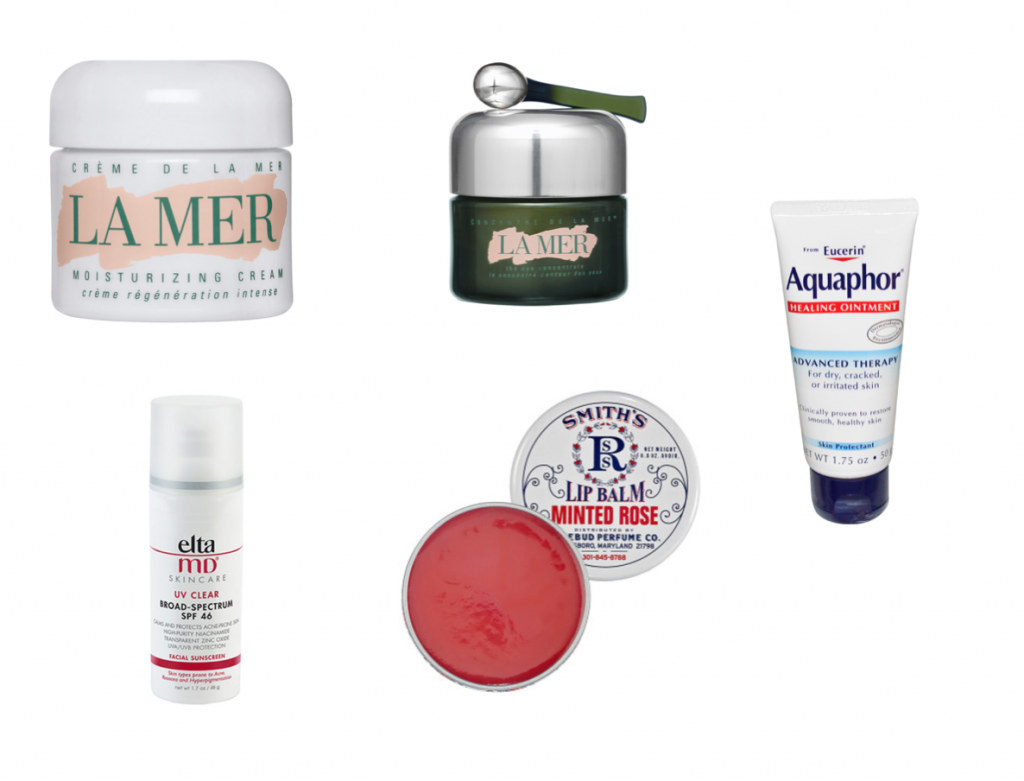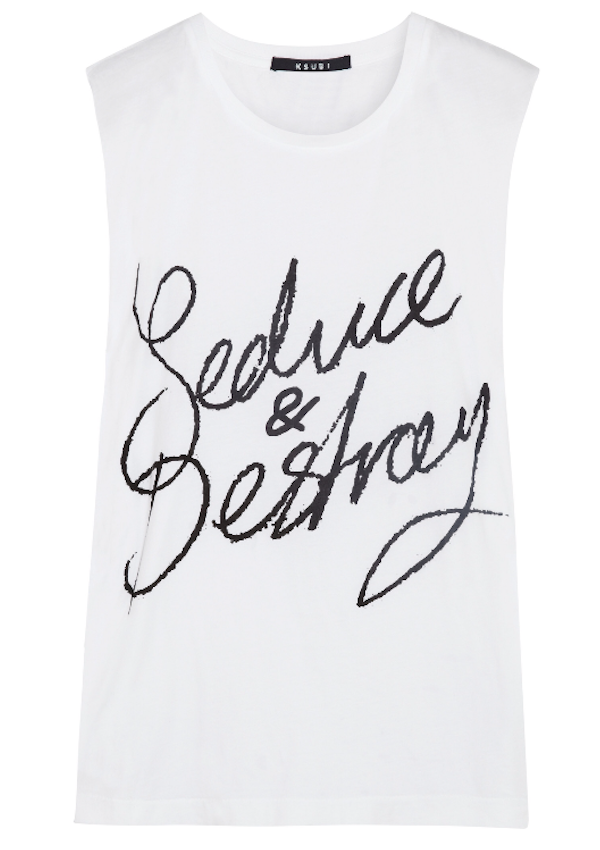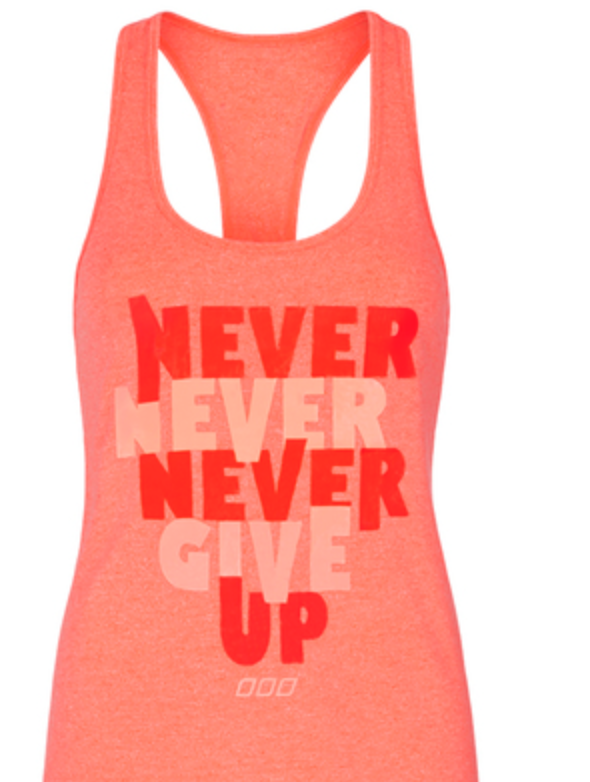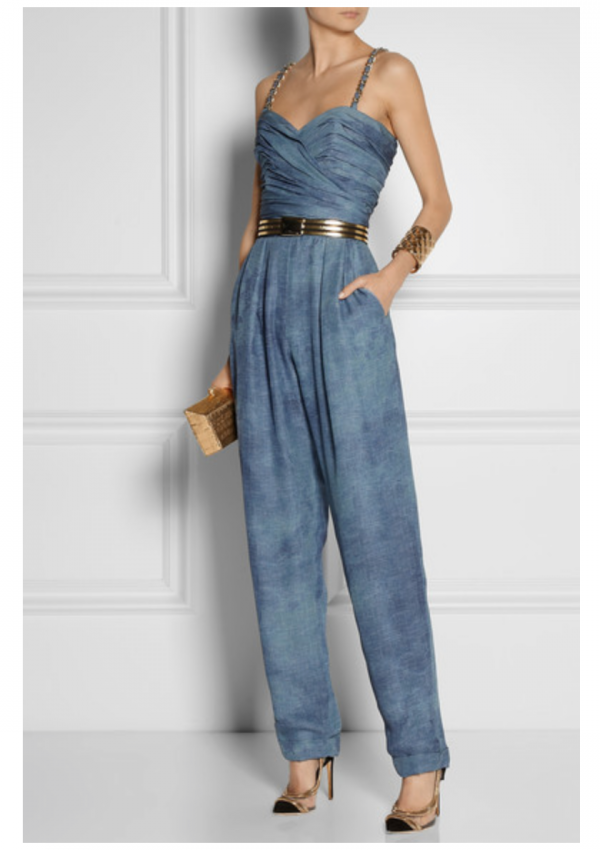
I normally don’t take extra measures to protect my skin during the winter months but at this point in my life, I need all the professional help I can get.
Luckily, I am a derma whore and have a rolodex full of contacts. I posed some questions about winter skin survival to three experts: Dr. Carin Gribetz, Dr. Jody Levine and Dr. Amy Wechsler and here are their words of wisdom.
Why is daily sunscreen so important in the winter?
JL: “Wearing sunscreen daily is important even in the winter because the sun’s ultraviolet (UV) rays are present just as they are in the summer. These rays can penetrate the clouds on a grey day and the windows when you are sitting inside.”
CG: “We all forget that the sun is present 365 days a year! Although the UV index is lower in the winter, there is still a good amount of ultraviolet light that reaches the earth all year round. It is therefore important to wear sunscreen all year round. One way to ensure that sunscreen application is remembered on a daily basis is to use a moisturizer or makeup that contains sunscreen.”
AW: “A lot of sun damage happens during incidental sun exposure and it’s smart to be protected. The sun is less strong in the winter in NYC, but if you are going to be outside during daylight, it’s safer to wear sunscreen. After snowfall, the sun’s rays are reflected off of the snow and are much stronger, so it’s even more important after snow.”
For people that spend lots of time outdoors (skiing, snowboarding, running), why is sunscreen especially important during these activities?
JL: “Sunscreen is especially important for people who spend a lot of time outdoors during the winter (for example skiing, snowboarding, and running) because 80% of the sun’s UV rays reflect off snow, meaning people are likely to be hit by the same UV rays twice. Furthermore, many winter sports take place at a higher altitude, and with every 1000 feet above sea level, UV radiation increases by 4 – 5%.”
CG: “There is not a single sunblock that is completely waterproof, so when doing activities outside and sweating reapplying sunscreen is critical. During “winter sports” such as skiing wearing sunblock is particularly important because of the UV index at high altitude. In addition, snow acts as a reflector, intensifying the amount of ultraviolet light that reaches the skin. Some of the worst sunburns I have ever seen have been on skiers!!”
AW: “Outdoor activities cause a lot of sun exposure. Skiing, snowboarding and other alpine sports are happening at a higher altitude, where the UV rays are stronger than at sea level and in addition the rays are reflecting off of the snow of the sunny mountains.”
What should you look for on a product label when selecting daily sunscreen?
JL: “When selecting a daily sunscreen, choose a broad-spectrum sunscreen with a Sun Protection Factor (SPF) of 30 (per the AAD) or higher (I actually prefer 45 or higher) to protect against both UVA and UVB rays. Also, in the winter, the cold and wind can dry out the skin, so you can select a sunscreen with moisturizing ingredients such as lanolin and glycerin to serve as a moisturizer as well.”
CG: “My favorite ingredients in sunscreens are zinc oxide and titanium dioxide because they are physical blockers, as opposed to other ingredients which are chemical sunscreens. I recommend a sunscreen with a sun protection factor (SPF) of at least 30.”
AW: “If it’s an American sunscreen, look for “broad spectrum” on the label with an SPF between 30 and 50. Over 50 does not give more protection and it can give someone a false sense of security , as if they are “bionic” against the sun’s rays. Also look for one of the ingredients to be a mineral sunscreen. The two mineral sunscreens are zinc oxide and titanium dioxide. They block both UVA and UVB rays, don’t clog pores, and rarely cause an allergy.”
Are there any ingredients to avoid when selecting a sunscreen?
JL: “Some health advocacy groups warn against oxybenzone , retinyl palmitate , and nanoparticles . However, all of these ingredients are approved by the U.S. Food and Drug Administration (FDA) and supported by the American Academy of Dermatology (AAD).”
CG: “I always tell patients that while I do have personal preferences, the most important factor in selecting a sunscreen is that the patient like the product and is willing to wear it. If a patient buys my favorite sunscreen and the bottle stays in the medicine cabinet it doesn’t do them any good!! Some patients can be sensitive to certain sunscreen ingredients, such as oxybenzone, so pay attention to any skin reactions that may occur as a result of sunscreen.”
AW: “The only ingredients to avoid are those that cause an allergy or sensitivity in a particular person.”
My lips always chap in the winter months. How can I prevent this?
JL: “Wearing a moisturizing lip balm can help prevent chapped lips. Select a lip balm with SPF 15 or higher to also protect your lips from the sun.(SPF 30 would be better- though hard to find). The brand Epicerum now has a new lip moisturizer with ceramides that I love.”
CG: “Always wear an emollient when going outside. Cold wind can be especially harsh on the delicate skin of the lips. My favorites are simple emollients like petrolatum (Vaseline) and aquaphor. Some of the more complicated and expensive lip balms can actually be irritating.”
AW: “Use a humidifier in your bedroom and in your office if possible. Moisturize your lips frequently and avoid lip balms with drying ingredients like phenol or formaldehyde. Try hard not to lick your lips as saliva is vert irritating.”











Leave a Reply